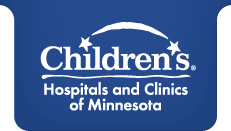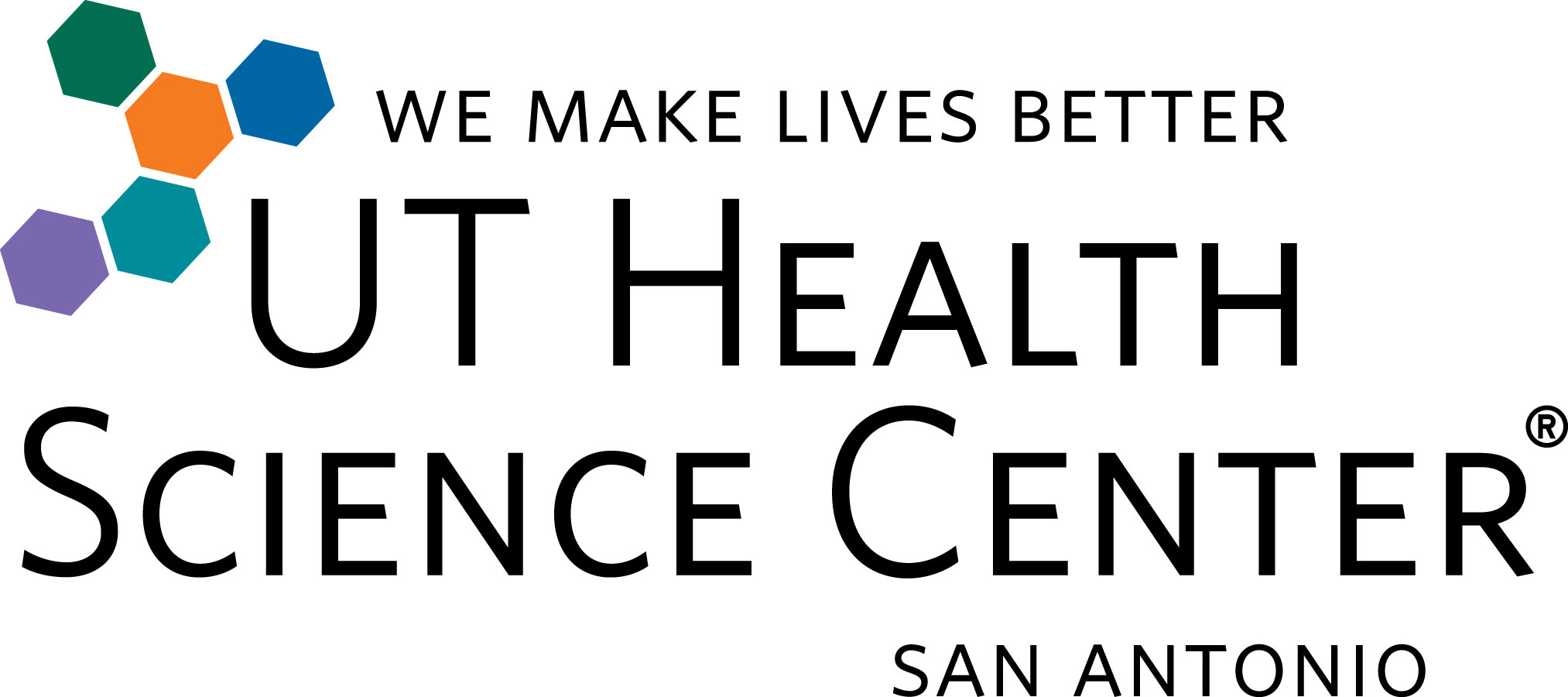Music Therapy Video Development in Improving Communication, Emotional Distress, and Recovery in Adolescents/Young Adults Undergoing Treatment for High-Risk Cancer and Their Parents
| Status: | Completed |
|---|---|
| Conditions: | Cancer, Blood Cancer, Psychiatric |
| Therapuetic Areas: | Oncology, Psychiatry / Psychology |
| Healthy: | No |
| Age Range: | 11 - 24 |
| Updated: | 1/7/2017 |
| Start Date: | April 2012 |
| End Date: | October 2016 |
Music Video for AYA-Parent Communication and Resilience
This randomized trial studies how well music therapy and parents' education work in
improving communication, emotional distress, and recovery in adolescents/young adult
patients undergoing treatment for high-risk cancer and their parents. Making a music therapy
video may improve communication, emotional distress, and recovery in younger patients
undergoing treatment for cancer. It is not yet known whether music therapy and counseling
for parents is more effective than information handouts for parents in improving
communication and emotional distress in patients undergoing treatment for cancer.
improving communication, emotional distress, and recovery in adolescents/young adult
patients undergoing treatment for high-risk cancer and their parents. Making a music therapy
video may improve communication, emotional distress, and recovery in younger patients
undergoing treatment for cancer. It is not yet known whether music therapy and counseling
for parents is more effective than information handouts for parents in improving
communication and emotional distress in patients undergoing treatment for cancer.
PRIMARY OBJECTIVES:
I. Compare the efficacy of a Therapeutic Music Video (TMV) intervention with a Therapeutic
Music Video plus Parent (TMV+P) intervention on outcomes for adolescents/young adults (AYA)
undergoing treatment for high-risk cancer.
II. Compare the efficacy of a TMV intervention with a TMV+P intervention on outcomes for
parents of AYA with high-risk cancer.
III. Determine relationships of parent distress and parent perceived family environment with
AYA outcomes using a mixed methods approach. (exploratory)
OUTLINE: This is a multicenter study. Patients are stratified according to age in years
(11-13 vs 14-17 vs 18-24). Parents are randomized to 1 of 2 intervention arms.
ARM I (TMV, low-dose parent): AYA patients undergo 60-minute sessions, delivered in a
private setting during outpatient clinic visits or hospitalizations, within a 6-8 weeks
period with board-certified music therapists. The music therapists help patients in
brainstorming and lyric writing, singing and creatively exploring how AYA lyrics and
structure of the selected music fit together, recording their song with a digital
accompaniment track, completing video layout worksheets (determining the contents of the
video), taking and gathering photos or making drawings for the video, and viewing clip art
and pictures on a computer. The music therapist then digitally formats, compiles, and
transfers the AYA-developed music video to a DVD. When completed, the therapist shares the
video with the AYA and offers the option of having a video "premiere." AYAs who choose a
premiere select a date and time for the viewing and identify individuals they wish to attend
(family, friends, healthcare professionals). After the viewing, AYAs receive a copy of their
DVD to keep. Parents' presence and involvement during all sessions are directed by the AYAs.
Parents receive 2 sessions over 15-60 minutes with a trained study team. During the first
session, parents receive handouts of helpful website resources that have specific
information to help parents support their AYAs. Team members also assure that parents know
how to assess the sites. During the second session, parents receive audio-recorded,
telephone-based contact by a trained nurse who asks them questions focusing on the content
available on the provided website. The trained nurse also answers any questions parents may
have.
ARM II (AYA TMV +P): AYA patients receive intervention as patients in arm I. Parents receive
3 tailored 60-minute sessions with a trained nurse intervener. Sessions are recorded to make
sure study nurse delivers the sessions according to the study protocol. Study nurse provides
support information to parents using the Robb's Contextual Support Model, including Managing
the Chaos: Self Care as the First Step to Caring for Your AYA, Relationship Support: How to
Listen to and Encourage Your AYA to Talk; and Strategies for AYA Autonomy Support:
Understanding AYA's Ways of Coping. Session 3 content is also based on the Resilience in
Illness model. Sessions are also tailored to parents' needs, skills practice and/or role
playing, and reflection on and reinforcement of learning. Parents receive written materials
on tips and prescribed skills practice plans. AYA and parents complete questionnaires
including Illness-Related Distress, Defensive Coping, Spiritual Perspective, Social
Integration, Family Environment questionnaires, Hope-Derived Meaning, Self-Transcendence,
Positive Coping, Resilience, Parent Distress, and Quality of Life at baseline, at 2 weeks
after final session, and then at 90 days after final intervention session. Medical
background, intensity of treatment rating scale, and family demographics are also collected.
I. Compare the efficacy of a Therapeutic Music Video (TMV) intervention with a Therapeutic
Music Video plus Parent (TMV+P) intervention on outcomes for adolescents/young adults (AYA)
undergoing treatment for high-risk cancer.
II. Compare the efficacy of a TMV intervention with a TMV+P intervention on outcomes for
parents of AYA with high-risk cancer.
III. Determine relationships of parent distress and parent perceived family environment with
AYA outcomes using a mixed methods approach. (exploratory)
OUTLINE: This is a multicenter study. Patients are stratified according to age in years
(11-13 vs 14-17 vs 18-24). Parents are randomized to 1 of 2 intervention arms.
ARM I (TMV, low-dose parent): AYA patients undergo 60-minute sessions, delivered in a
private setting during outpatient clinic visits or hospitalizations, within a 6-8 weeks
period with board-certified music therapists. The music therapists help patients in
brainstorming and lyric writing, singing and creatively exploring how AYA lyrics and
structure of the selected music fit together, recording their song with a digital
accompaniment track, completing video layout worksheets (determining the contents of the
video), taking and gathering photos or making drawings for the video, and viewing clip art
and pictures on a computer. The music therapist then digitally formats, compiles, and
transfers the AYA-developed music video to a DVD. When completed, the therapist shares the
video with the AYA and offers the option of having a video "premiere." AYAs who choose a
premiere select a date and time for the viewing and identify individuals they wish to attend
(family, friends, healthcare professionals). After the viewing, AYAs receive a copy of their
DVD to keep. Parents' presence and involvement during all sessions are directed by the AYAs.
Parents receive 2 sessions over 15-60 minutes with a trained study team. During the first
session, parents receive handouts of helpful website resources that have specific
information to help parents support their AYAs. Team members also assure that parents know
how to assess the sites. During the second session, parents receive audio-recorded,
telephone-based contact by a trained nurse who asks them questions focusing on the content
available on the provided website. The trained nurse also answers any questions parents may
have.
ARM II (AYA TMV +P): AYA patients receive intervention as patients in arm I. Parents receive
3 tailored 60-minute sessions with a trained nurse intervener. Sessions are recorded to make
sure study nurse delivers the sessions according to the study protocol. Study nurse provides
support information to parents using the Robb's Contextual Support Model, including Managing
the Chaos: Self Care as the First Step to Caring for Your AYA, Relationship Support: How to
Listen to and Encourage Your AYA to Talk; and Strategies for AYA Autonomy Support:
Understanding AYA's Ways of Coping. Session 3 content is also based on the Resilience in
Illness model. Sessions are also tailored to parents' needs, skills practice and/or role
playing, and reflection on and reinforcement of learning. Parents receive written materials
on tips and prescribed skills practice plans. AYA and parents complete questionnaires
including Illness-Related Distress, Defensive Coping, Spiritual Perspective, Social
Integration, Family Environment questionnaires, Hope-Derived Meaning, Self-Transcendence,
Positive Coping, Resilience, Parent Distress, and Quality of Life at baseline, at 2 weeks
after final session, and then at 90 days after final intervention session. Medical
background, intensity of treatment rating scale, and family demographics are also collected.
Inclusion Criteria:
- AYA has initial or relapsed cancer diagnosis and is actively on treatment and will
continue to be on treatment long enough to complete the intervention and evaluation
(4 to 6 weeks)
- AYA meets at least 1 of 3 criteria indicating potentially high palliative care or
end-of-life needs:
- Any high-risk cancer (i.e., metastatic or stage IV)
- Receiving moderate- to high-intensity chemotherapy during 3-5 consecutive days
in an in- or out-patient setting
- A diagnosis with an estimated 5-year event-free survival of < 50%
- AYA is able to participate in sessions as evaluated by the Karnofsky/Lansky score of
50% or greater
- One consistent parent is willing and available to participate in all parent and
evaluation sessions
- AYA is not married and has no children
- AYA and parent are able to read, understand, and speak English
Exclusion Criteria:
- Cancers not usually occurring in childhood/adolescent or young adult populations,
such as lung or prostate cancer
- Cognitive impairments that would make it difficult for AYA/parents to participate in
the intervention or complete questionnaires (determination in consultation with
attending physician, oncologist, and, for adolescents below age 18, the parents)
We found this trial at
7
sites
2525 Chicago Ave
Minneapolis, Minnesota 55404
Minneapolis, Minnesota 55404
(612) 813-6000

Principal Investigator: Bruce C. Bostrom
Phone: 612-813-5193
Children's Hospitals and Clinics of Minnesota - Minneapolis Children's Hospitals and Clinics of Minnesota is...
Click here to add this to my saved trials
3333 Burnet Avenue # Mlc3008
Cincinnati, Ohio 45229
Cincinnati, Ohio 45229
1-513-636-4200

Cincinnati Children's Hospital Medical Center Patients and families from across the region and around the...
Click here to add this to my saved trials
2401 Gillham Rd
Kansas City, Missouri 64108
Kansas City, Missouri 64108
(816) 234-3000

Principal Investigator: Maxine L. Hetherington
Phone: 816-234-3265
Children's Mercy Hospital Children's Mercy Hospitals and Clinics continues redefining pediatric medicine throughout the Midwest...
Click here to add this to my saved trials
4502 Medical Drive
San Antonio, Texas 78284
San Antonio, Texas 78284
(210) 567-7000

Principal Investigator: Anne-Marie R. Langevin
Phone: 210-567-0653
University of Texas Health Science Center at San Antonio The University of Texas Health Science...
Click here to add this to my saved trials
Atlanta, Georgia 30322
Principal Investigator: Glen Lew
Phone: 404-785-1112
Click here to add this to my saved trials
Atlanta, Georgia 30342
Principal Investigator: Joan E. Haase
Phone: 317-278-7749
Click here to add this to my saved trials
705 Riley Hospital Dr
Indianapolis, Indiana 46202
Indianapolis, Indiana 46202
(317) 944-5000

Principal Investigator: Robert J. Fallon
Phone: 317-274-2552
Riley Hospital for Children Riley Hospital for Children at IU Health is a place of...
Click here to add this to my saved trials